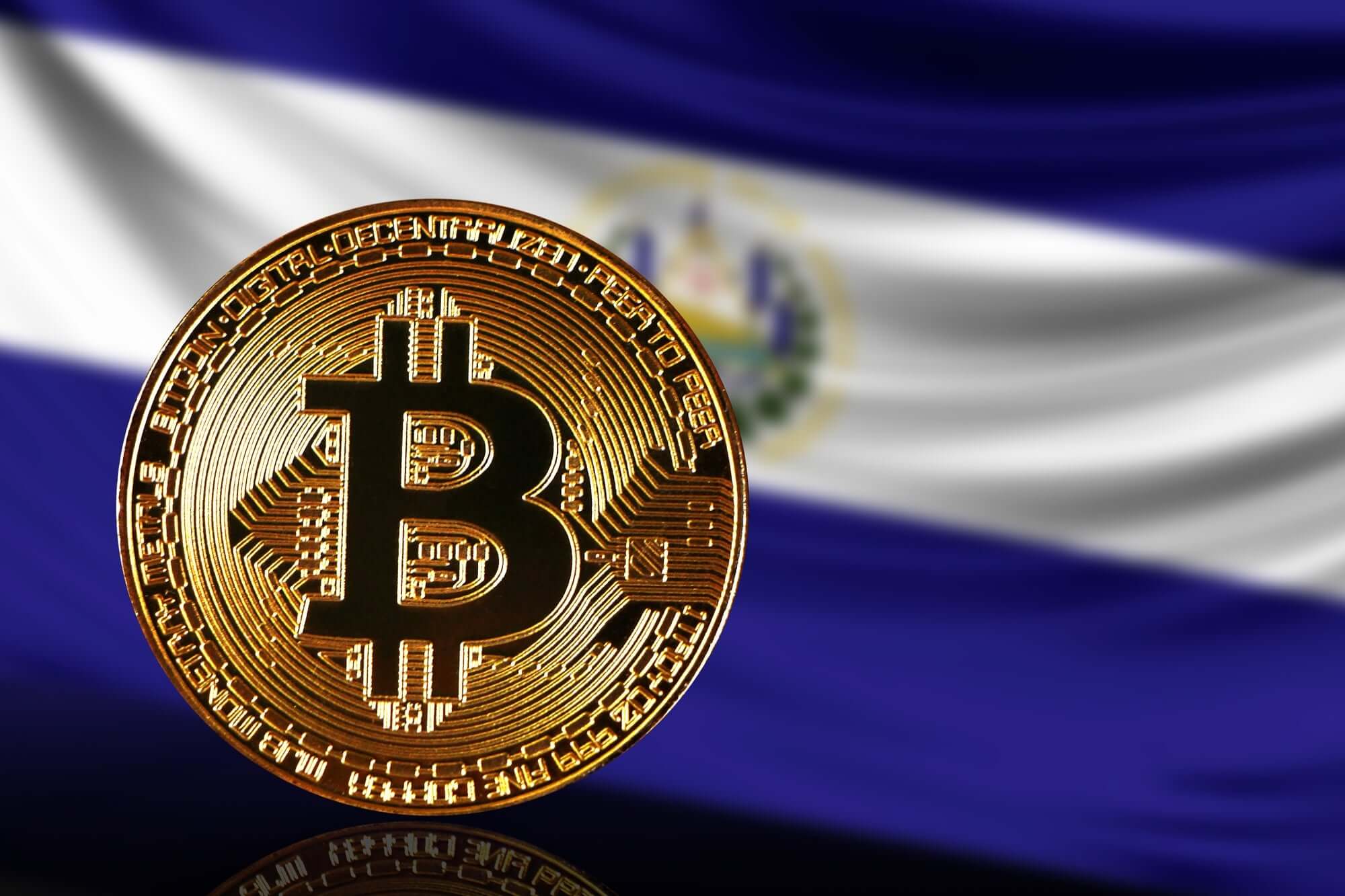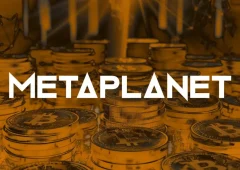El Salvador Stands Firm on Bitcoin Strategy Despite IMF Restrictions
05.03.2025 19:00 2 min. read Kosta Gushterov
El Salvador’s President, Nayib Bukele, has boldly reaffirmed his country's unwavering commitment to its Bitcoin initiative despite external pressure from the International Monetary Fund (IMF).
The IMF, in a $3.5 billion financing agreement, imposed restrictions on Bitcoin purchases, aiming to limit the government’s involvement with the cryptocurrency. However, Bukele has made it clear that the government will continue to acquire Bitcoin as part of its long-term strategy, dismissing any attempts to stop the purchases.
In recent weeks, El Salvador has continued adding to its Bitcoin reserves, now holding over 6,100 BTC, worth roughly $530 million. This acquisition strategy has been ongoing since November 2022, and even with the IMF deal in place, the government remains undeterred in its stance.
The IMF deal also includes a set of regulatory measures, such as requiring the publication of Bitcoin wallet addresses and audited statements for crypto-related government entities. El Salvador must also liquidate the Fidebitcoin trust fund by mid-2025 and scale back its involvement with the Chivo Wallet platform.
While Bitcoin remains central to El Salvador’s financial vision, the government is also looking beyond crypto. Bukele is exploring new economic avenues, including discussions with major investors about artificial intelligence (AI), aiming to position the country as a hub for innovation in Latin America. Despite IMF conditions, El Salvador is charting a path focused on both cryptocurrency adoption and broader technological development.
-
1
Bitcoin Reaches New All-Time High Above $116,000
11.07.2025 7:56 1 min. read -
2
Canadian Bank Sees Bitcoin Hitting $155,000 by 2025
15.07.2025 10:00 1 min. read -
3
Strategy Claims It Can Weather a Bitcoin Crash to $20K Without Trouble
16.07.2025 14:08 1 min. read -
4
Peter Schiff Warns of Dollar Collapse, Questions Bitcoin Scarcity Model
12.07.2025 20:00 1 min. read -
5
Corporate Bitcoin Adoption Soars: 125 Public Companies Now Hold BTC
16.07.2025 20:00 2 min. read
Where Is The Smart Entry Point For Bitcoin Bulls?
With Bitcoin hovering near $119,000, traders are weighing their next move carefully. The question dominating the market now is simple: Buy the dip or wait for a cleaner setup?
Matrixport Warns of Bitcoin Dip After Hitting This Target
Bitcoin has officially reached the $116,000 milestone, a level previously forecasted by crypto services firm Matrixport using its proprietary seasonal modeling.
Bitcoin Risk Cycle Flips Again as Market Enters Safer Zone
Bitcoin’s market signal has officially shifted back into a low-risk phase, according to a new chart shared by Bitcoin Vector in collaboration with Glassnode and Swissblock.
Robert Kiyosaki Warns of 1929-Style Crash, Urges Bitcoin Hedge
Financial author Robert Kiyosaki is once again sounding the alarm on America’s economic health.
-
1
Bitcoin Reaches New All-Time High Above $116,000
11.07.2025 7:56 1 min. read -
2
Canadian Bank Sees Bitcoin Hitting $155,000 by 2025
15.07.2025 10:00 1 min. read -
3
Strategy Claims It Can Weather a Bitcoin Crash to $20K Without Trouble
16.07.2025 14:08 1 min. read -
4
Peter Schiff Warns of Dollar Collapse, Questions Bitcoin Scarcity Model
12.07.2025 20:00 1 min. read -
5
Corporate Bitcoin Adoption Soars: 125 Public Companies Now Hold BTC
16.07.2025 20:00 2 min. read


